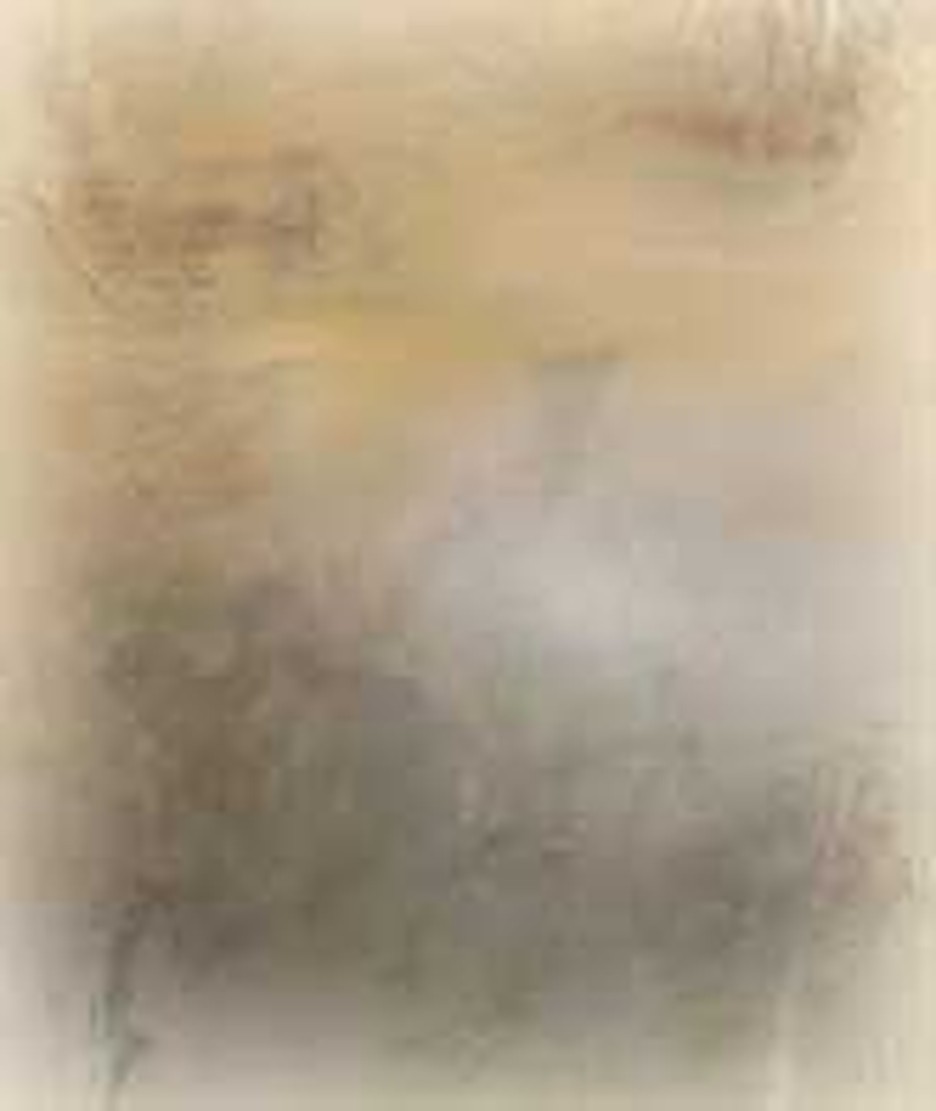
Algerian rebels, armed with captured Italian rifles and traditional scimitars (Arabian curved swords), screamed questions at Father Charles de Foucauld. Lying on the floor of the fort with his hands bound behind him, the priest did not answer. Whatever he knew about troop movements, he kept to himself. He would not betray his associates, his country or his God.
"Where have you hidden the gold?" shouted his interrogator. "Everyone in the Sahara knows you are a rich man!" Charles could have smiled at that. He had abandoned his nobility, lived as a hermit, and starved himself on handfuls of barley and dates to become a living gospel wedge among the Taureg people of a remote Sahara mountain village.
But even the desert provided little insulation from World War I. The repercussions of the war felled Charles on this day, December 1, 1916.
Because he was born to be a count, his grandfather raised him indulgently. Charles joined the French army, squandering his fortune on ridiculous clothes and high living. He left the military in disgrace. But a crisis developed in Africa. Charles was reinstated and became a masterful soldier, a leader of men. He fell in love with the Sahara, and won a medal from a geographical society for explorations in Morocco, visiting regions where no white man had ever set foot before.
The passion with which some Muslims honored their faith forced Charles to reconsider his Christian heritage. Around 1888 he began to pray, "God, if you exist, make yourself known unto me." A friend directed him to Father Huvelin. When he explained that he was not a believer, the priest simply ordered him to confess. Charles obeyed and it transformed him. "As soon as I believed there was a God, I understood I could do nothing else but live for him; my religious vocation dates from the same moment as my faith: God is so great."
Although still unsettled, Charles joined the strict order of the Trappist monks. As time passed, his thoughts turned toward the millions in North Africa who did not know Christ. He determined to live a life of love among them to show them what a true Christian is.
That is how he came to be tied up in the fort on this day. For many years he had lived according to plan, seeing only now and then a child won to Christianity through generosity, self-sacrifice and love. But although he made few converts, his wisdom was consulted throughout the region. In Christian lands, too, he had admirers.
And now, unaware that the fort was in enemy hands, two French allies rode up. The rebels gunned them down. Charles tried to climb to his feet to tend them if possible--perhaps to offer them the last rites. Alarmed, his guard fired a single shot. The bullet passed from ear to ear through Charles' head. He crumpled dead.
Charles' faith became a lamp to others. Around the world, societies sprang up, inspired by his life and death.
Bibliography:
- Daniel-Rops, Henri. Heroes of God. Garden City, New York: Doubleday, 1965.
- "Foucauld, Charles, Vicomte de." Columbia Sixth Encyclopedia. http://www.bartleby.com/65/fo/Foucauld.html
- "Legacy of a Spiritual Master Who Loved the Desert." Catholic Information Network. http://www.cin.org/saints/foucauld.html
- Preminger, Marion Mill. The Sands of Tamanrasset. New York: Hawthorn Books, 1961.
- "Venerable Charles de Foucauld." http://www.manntaylor.com/foucauld.html
Last updated June, 2007







